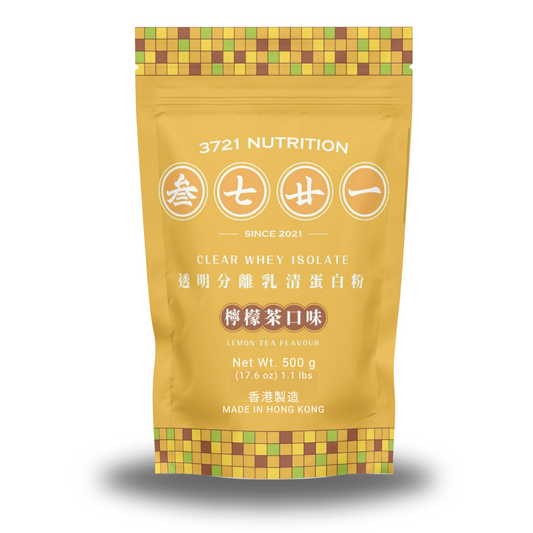When many people choose protein powders, they often worry about the side effects they may bring. When it comes to whey protein in particular, there are some popular misconceptions that give consumers pause. However, do these side effects really exist? In fact, protein powders, especially whey protein and whey protein isolate, are not only safe for most people, but also have many health benefits. This article will explain the sources of these misconceptions and help you make a more informed choice about which protein powder is right for you.
Common misconceptions about protein powder
Misconceptions about protein powder side effects often stem from incorrect information and exaggerated media reports. These misunderstandings mainly include:
Kidney damage: Some people believe that high protein intake may impair kidney function. However, research shows that healthy adults don't need to worry about this issue. For people with normal kidney function, moderate protein intake will not cause damage to the kidneys at all.
Causes indigestion: Some people worry that protein powder can cause indigestion or gastrointestinal discomfort. In fact, this is usually related to the individual’s lactose intolerance rather than a problem with the protein powder itself. Whey protein isolate contains virtually no lactose, making it ideal for people with lactose intolerance.
Weight gain: There is also a misconception that protein powder can cause weight gain. In fact, protein powder is a low-calorie, high-protein supplement. Moderate intake will not lead to weight gain, but can help reduce fat and build muscle.
Whey Protein Functions and Benefits
Whey protein is a high-quality protein that contains all the essential amino acids required by the body and is quickly absorbed and utilized by the body. This makes whey protein an ideal choice for fitness enthusiasts, athletes and people looking for a healthy diet. Here are some of the main benefits of whey protein:
Promotes muscle growth and recovery: Whey protein is rich in branched-chain amino acids (BCAAs), such as leucine, which play a key role in promoting muscle synthesis and accelerating recovery after exercise.
Support the immune system: The immunoglobulins and lactoferrin in whey protein are significantly helpful in enhancing the function of the immune system, especially after high-intensity exercise, to better protect the body from infection.
Helps with fat loss and weight management: Whey protein helps increase satiety, reduce food intake, and supports muscle growth, making it a great aid in the fat loss process.
Whey Protein Isolate: Ideal for Digestive Issues
For those who are lactose intolerant, whey protein isolate is a better option. Whey protein isolate has been further filtered and purified to remove most of the lactose and fat, leaving almost no lactose, thus avoiding indigestion problems caused by lactose intolerance. This makes whey protein isolate an ideal protein powder option for people with lactose intolerance and those who need to reduce their fat intake.
Higher purity: Whey protein isolate contains more than 90% protein, and its purity is much higher than ordinary whey protein.
LOW FAT, LOW LACTOSE: Ideal for those with lactose intolerance and bodybuilders who need to reduce fat intake, whey protein isolate provides a highly effective protein supplement while reducing potential digestive discomfort.
How to use protein powder safely and effectively?
When using protein powder, be sure to follow these recommendations to ensure optimal results and safety:
Eat in moderation: Adjust protein intake based on individual weight and activity level. In general, 1.2 to 2.2 grams of protein per kilogram of body weight is recommended, depending on individual goals and body needs.
Combined with a balanced diet: Protein powder should be used as part of a balanced diet with a variety of foods to ensure complete nutrition and diversity.
All in all, the benefits of whey protein and whey protein isolate far outweigh any alleged side effects. Most of these side effects are based on misunderstandings and misleading information. When you choose the right protein powder and use it in the right way, these products can significantly improve your health and help you achieve your fitness and health goals.





